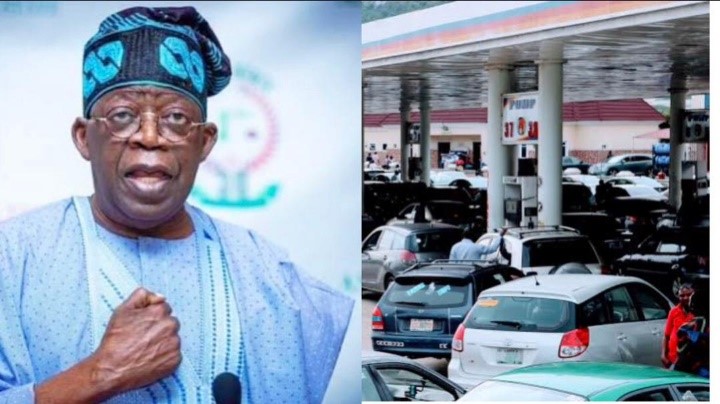
Tough Choices: Nigerian Leader’s Defense of Fuel Subsidy Removal Amid Growing Hardship
Nigerian President Bola Tinubu defended the country’s decision to end fuel subsidies, despite the resulting economic hardships. Tinubu stated that the money saved from the subsidy removal would be utilized to fight poverty and implement government initiatives. He acknowledged the visible effects of poverty on the people and expressed the goal of eliminating it.
The Nigerian Governors supported the subsidy removal and vowed to collaborate on its implementation. However, analysts criticized the government for withdrawing the subsidy without providing alternative incentives, particularly during a period of high unemployment, poverty, and inflation.
Some states have implemented measures to assist citizens, such as reducing the workweek and considering wage increases. Businesses have been adversely affected, particularly those reliant on generators due to limited access to electricity. Taxi drivers and commuters have faced increased transportation costs, causing financial strain and difficulties in commuting to work. The removal of fuel subsidies has exacerbated the challenging economic situation faced by many Nigerians.

